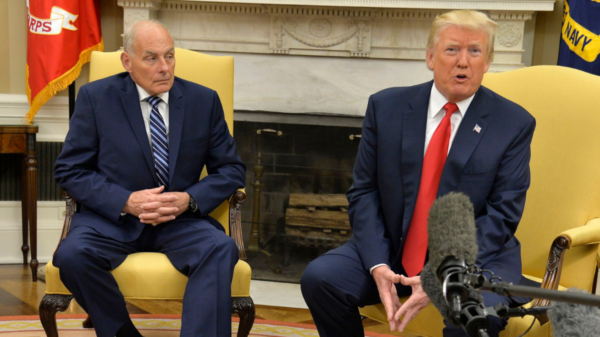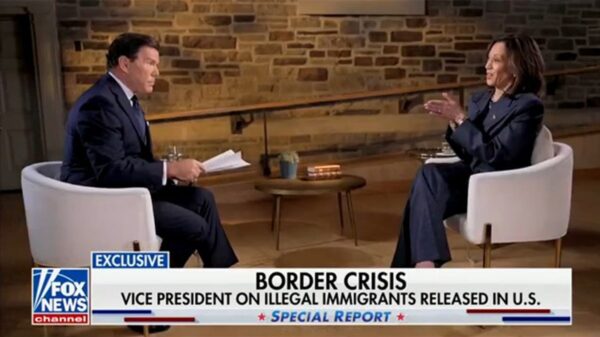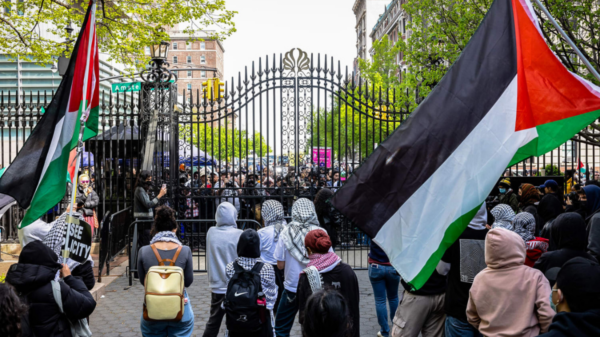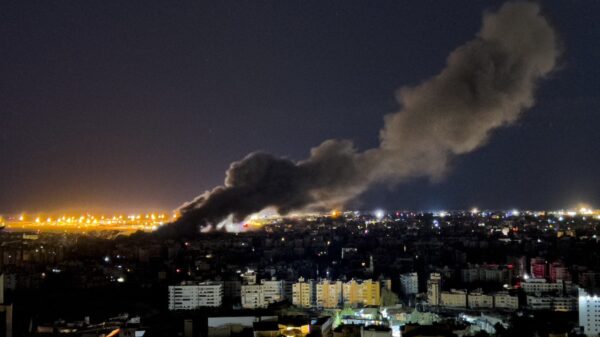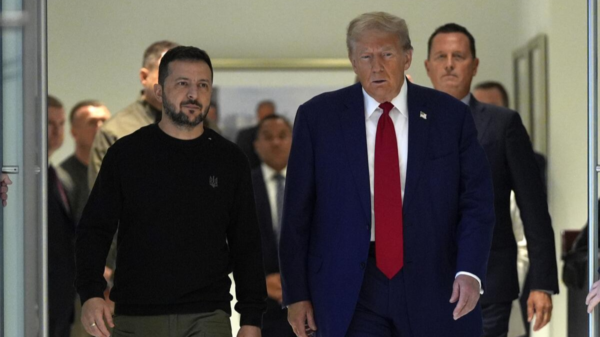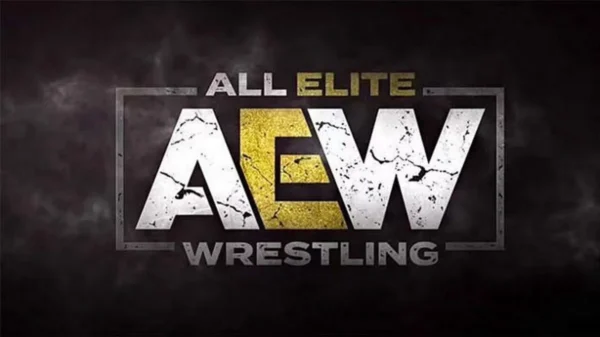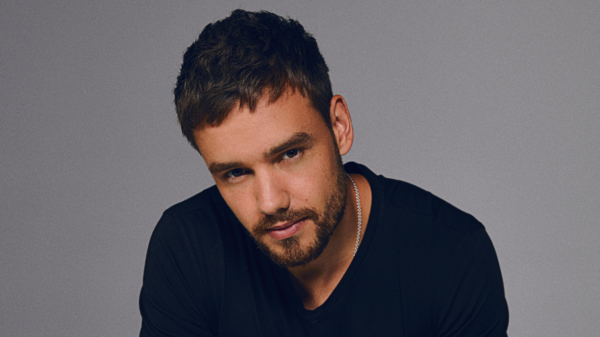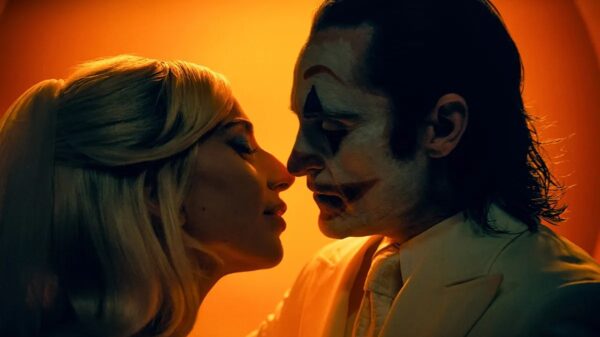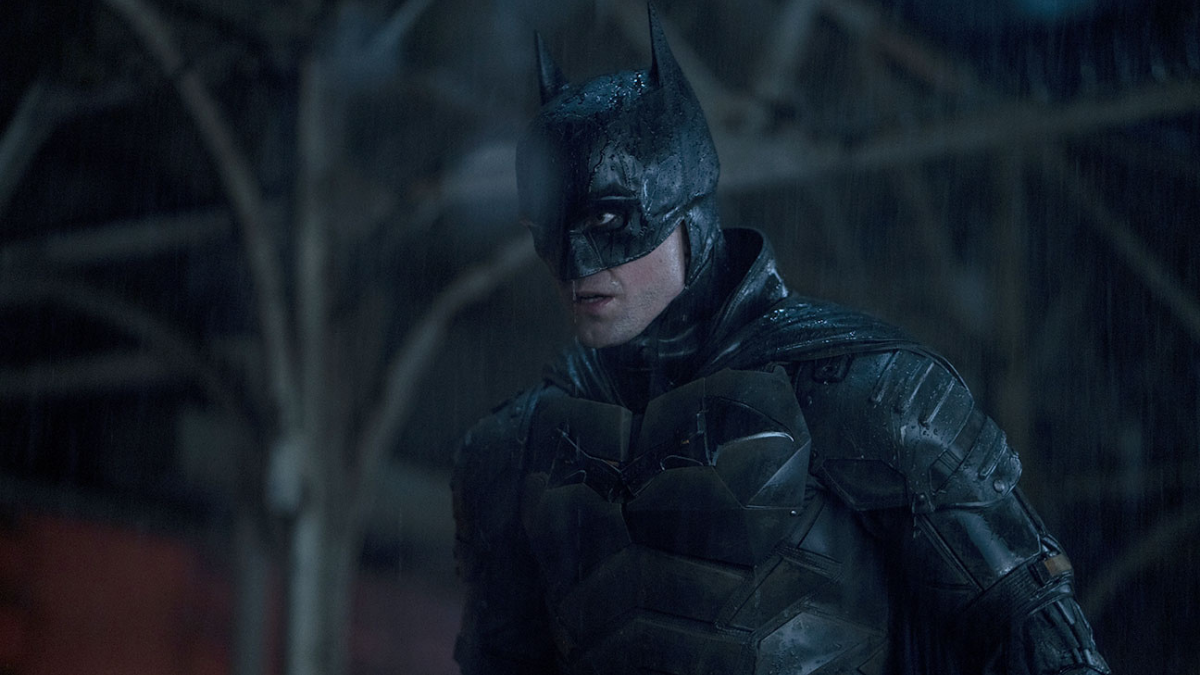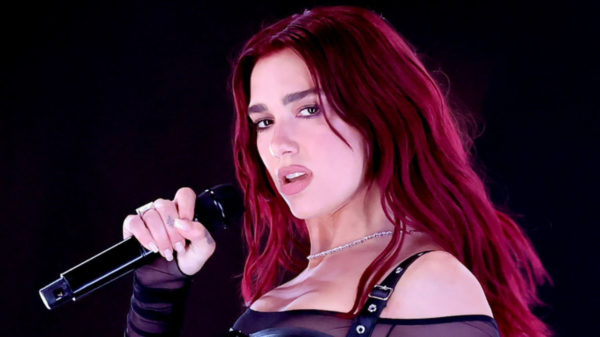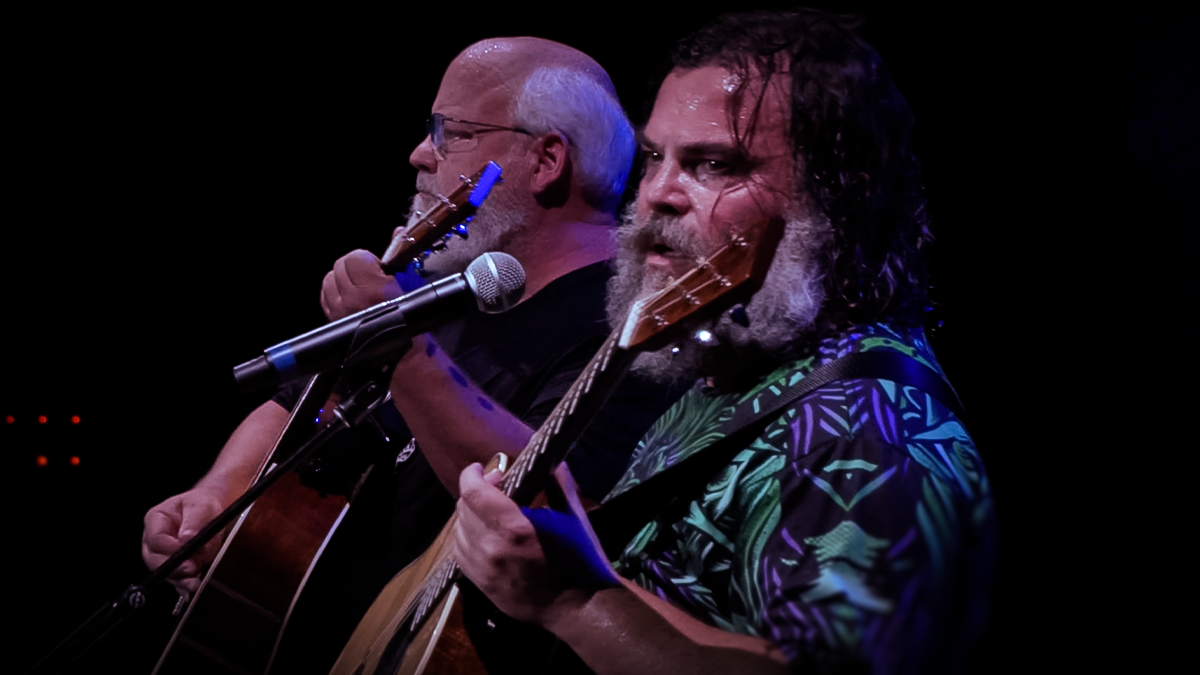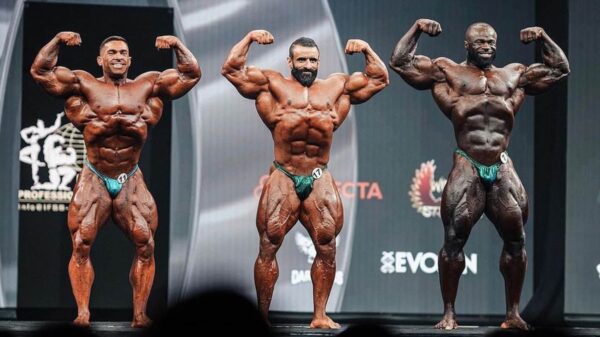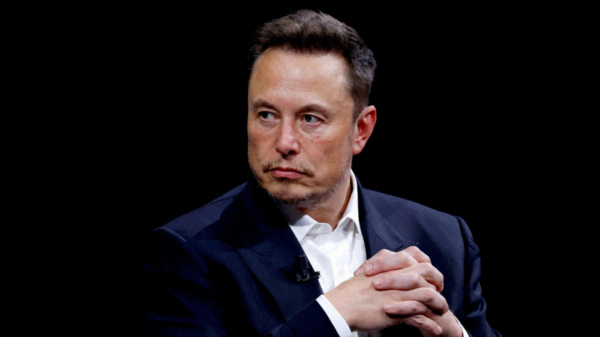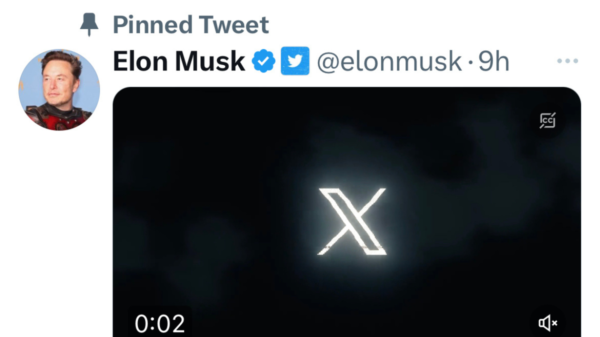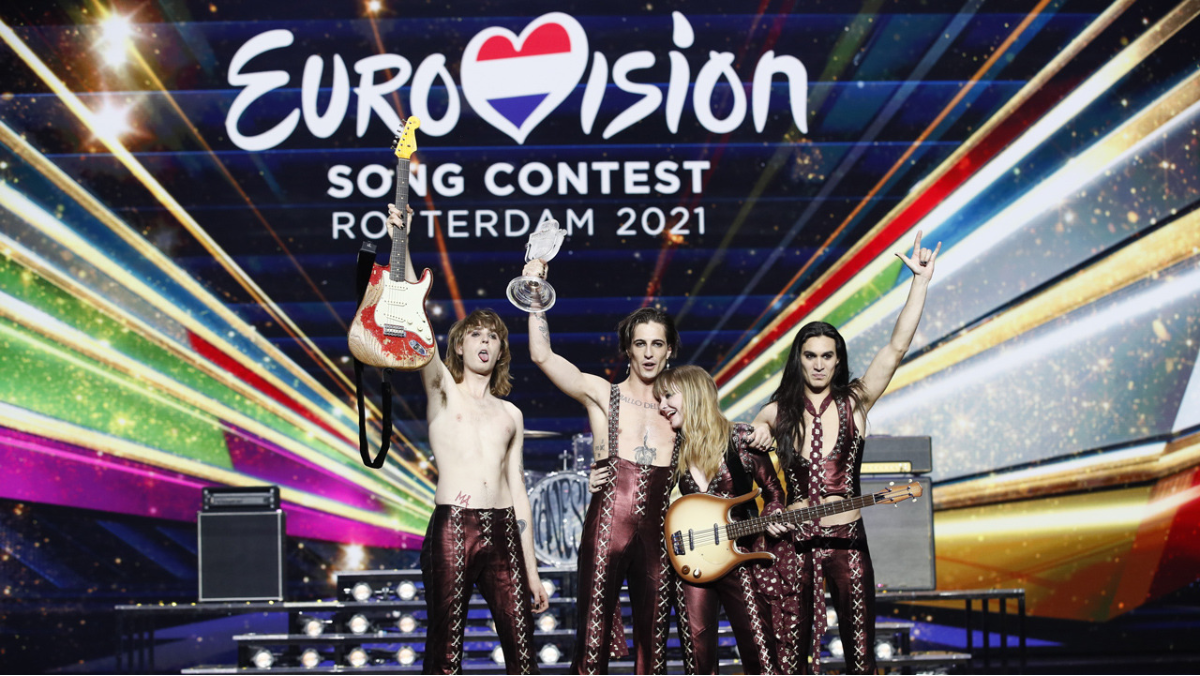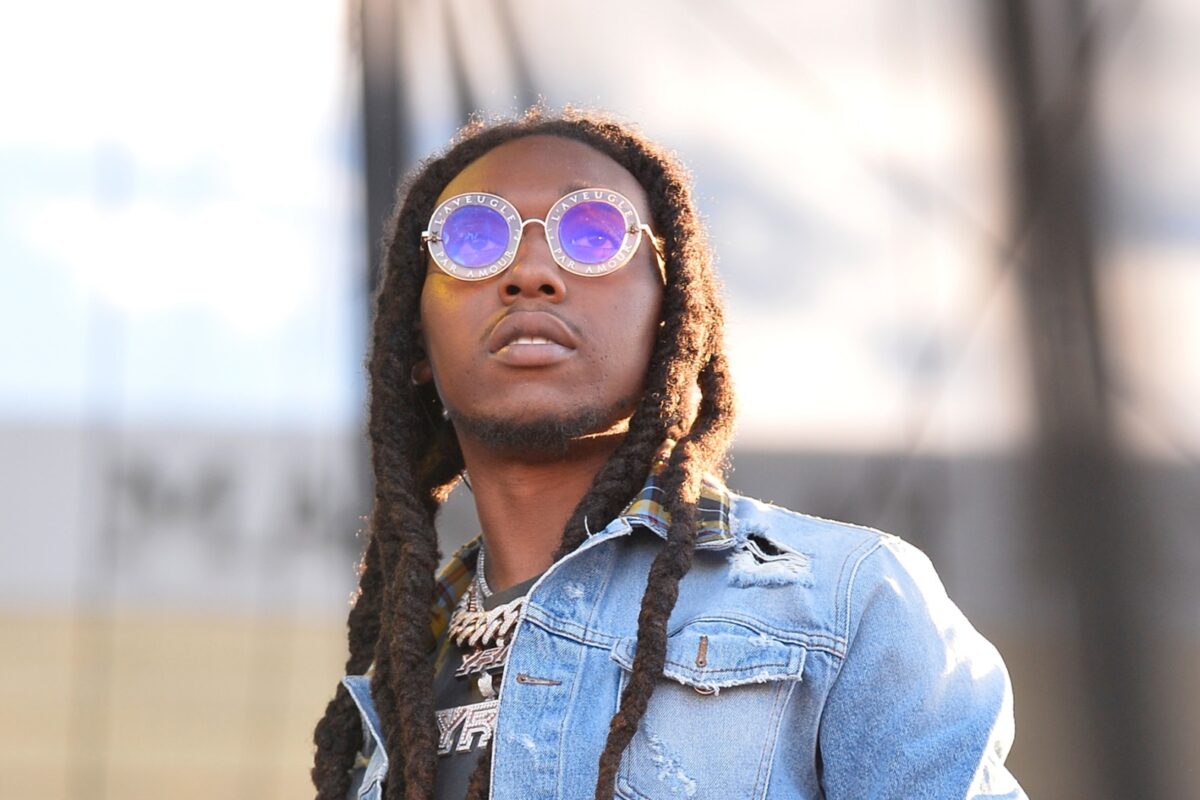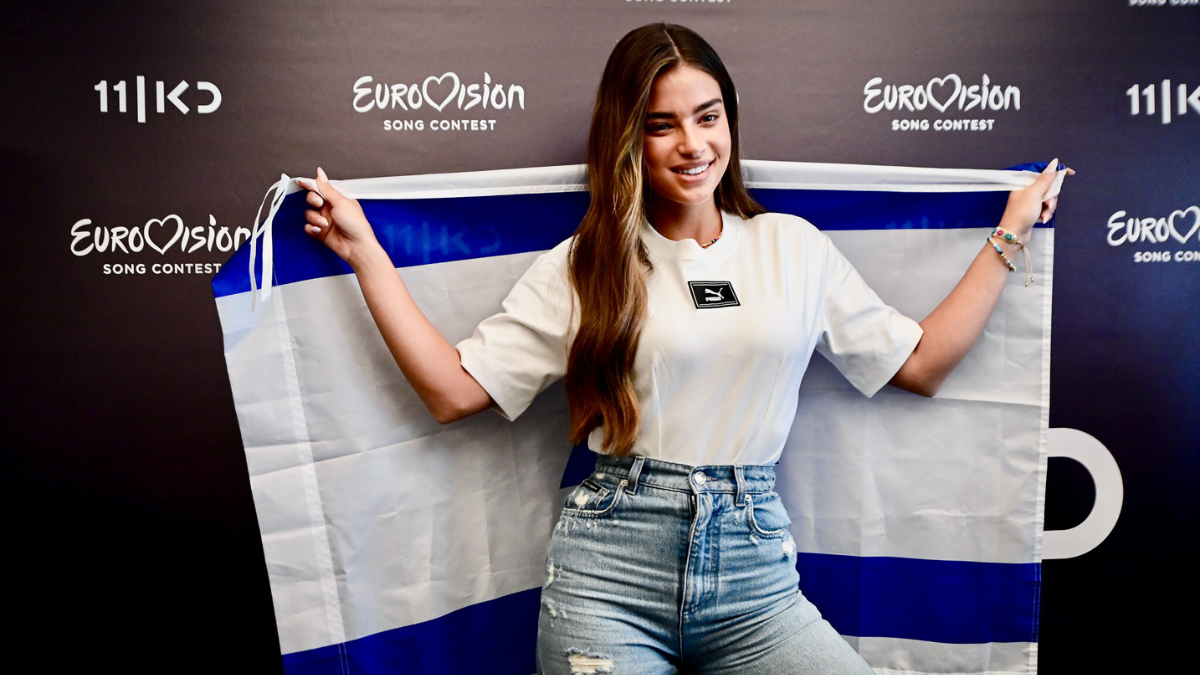(Fwrd Axis) — The Eurovision Song Contest (typically referred to as just “Eurovision”) takes place in Milan beginning on May 10th. With FWRD AXIS News covering the event for the first time, it makes sense to introduce our readers to the concept of Eurovision and what they can look forward to.
What is Eurovision?
Eurovision was first staged in 1956, making it the second oldest continually running song competition. The idea came from the European Broadcasting Union wanting to create a pan-European music event to bring Europe together after the second world war.
That first Eurovision, and every Eurovision since then, was televised. This makes Eurovision the longest-running televised music competition show. If you like Idol or the Voice, you can thank Eurovision for blazing that trail.
How is it different to Idol or the Voice?
While some contestants have come through shows like Idol or The Voice, there are notable differences.
Most notably, all songs in the competition must be original songs. There are no covers, and the songs must be new; an artist can’t go into their back catalogue and grab something that is a proven hit. It can’t be released or performed before October of the year before the contest. This date of release rule created controversy when the 2020 contest was cancelled, denying Dadi Freyr the chance to compete with his likely winning song Think About Things.
Additionally, the artists aren’t just competing on their own. They represent a country and come with a delegation devoted to helping their song come off the best. Votes come not just from how good the song is but also from staging and costuming.
Who competes at Eurovision?
Any country that is a full member of the European Broadcasting Union receives an automatic invite. Associate members may be extended an invitation. Australia is, so far, the only associate member that competes in Eurovision.
Five nations: France, Germany, Italy, Spain, and the United Kingdom, receive an automatic pass to the final as the most significant contributors to the EBU’s budget. The defending champion also gets automatically through to the final. Still, in 2022 that is Italy, so only five nations will automatically advance.
Do the artists have to be from that country and/or sing in the language of that country?
There are no rules about national origin or language in the contest. Most famously, Canadian Celine Dion won Eurovision in 1988, representing Switzerland.
Most songs are in English, there are some countries that most often only sing in their language (France, Spain, Portugal, Italy, the United Kingdom and Ireland), but it’s not always true and not a requirement. Being in English isn’t an automatic win. Last year’s winner was Italy in Italian with Maneskin’s Zitti E Buoni.
How is the host decided?
The country that wins the year before is awarded hosting rights. As a result, Italy won hosting rights for 2022. The host broadcaster then goes through a bidding process to decide what arena will host.
A country can decline to host. Ukraine has already announced that it will not host in 2023 if it wins this month. The last time this occurred was in 1980 when Israel declined to host a second year in a row. If that happens, the European Broadcasting Union will choose a host.
How is a winner decided?
There are two rounds, the semi-finals and the final. 20 songs will advance from the semi-finals, 10 from each semi-final. In both rounds, the point-scoring format is the same.
Each country nominates a professional jury, which ranks all the songs, giving 12 points to the song that earned the highest rank, before 10 and 8-1 for the others in the top 10. The public votes are also combined with these votes to give 24 points out.
In the semi-finals, the countries competing in that semi-final vote (plus half of the five that automatically advance), while in the final, every country votes.
What kind of music will I hear?
While there are a lot of different musical styles at Eurovision, expect to hear a lot of pop music. Last year proved it doesn’t have to be a pop song to win; with Maneskin winning with a rock song, being pop will help. The most famous winner outside of that genre would be Finland in 2006, which won with Lordi’s heavy metal song Hard Rock Hallelujah.
When can I watch it?
Eurovision’s semi-finals are on May 10th and 12th, and the final is on May 15th. The contest will be aired on Peacock in the United States.
FWRD AXIS News will be releasing a preview of the 2022 Eurovision Song Contest in the coming days to prepare you for the shows and give you an idea of what to expect this year.


